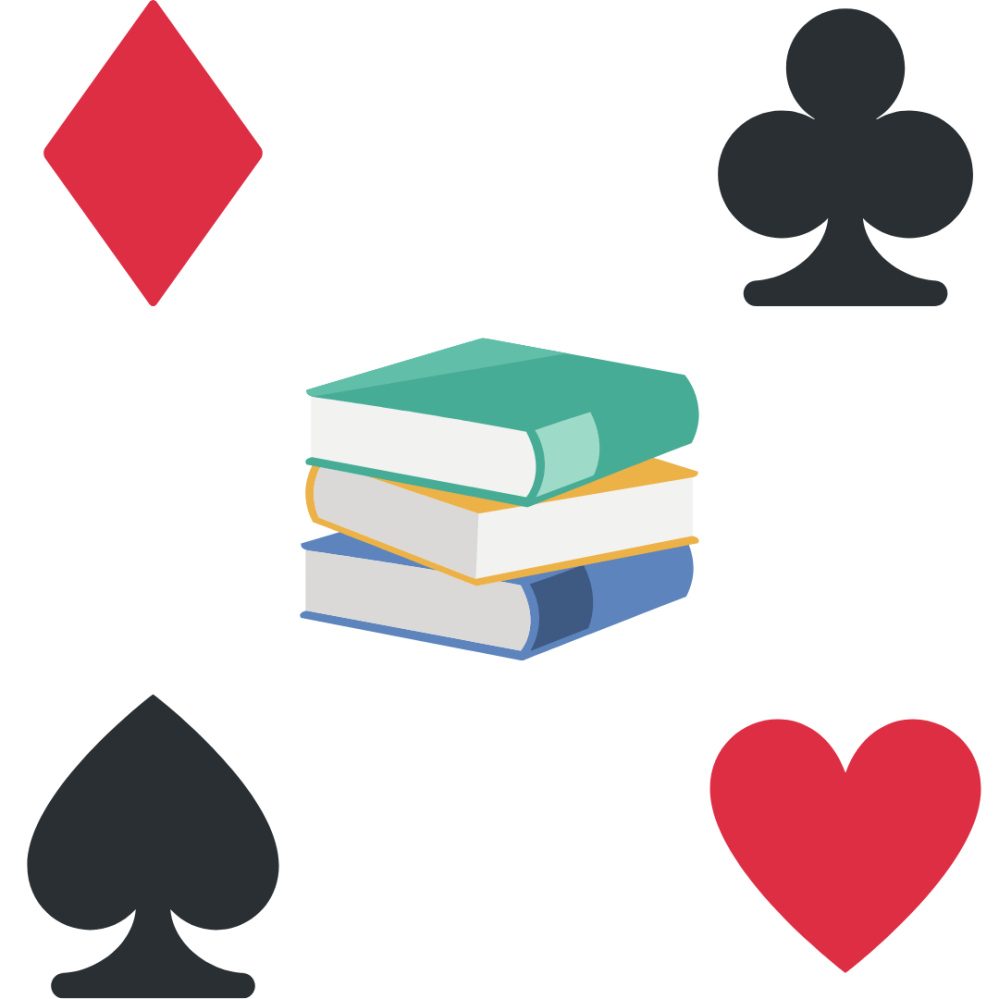Why i learned to cook by sara farizan – In her captivating memoir, “Why I Learned to Cook,” Sara Farizan embarks on a culinary journey that transcends mere sustenance, revealing the profound impact of cooking on personal growth, cultural identity, and human connection.
Farizan’s evocative prose transports readers into the vibrant world of food, where the aromas and flavors of diverse cultures intertwine to create a symphony of sensory experiences.
Introduction to Sara Farizan and Her Book: Why I Learned To Cook By Sara Farizan

Sara Farizan is an Iranian-American author known for her young adult novels that explore themes of identity, culture, and social justice. Her book “Why I Learned to Cook” is a memoir that chronicles her journey of self-discovery through cooking. The book highlights the role of culture, family, and personal growth in shaping one’s culinary experiences.
Cultural and Social Influences on Cooking

Culture and society play a significant role in shaping cooking practices. Cultural traditions, family heritage, and societal norms influence the types of dishes cooked and the reasons for cooking. For example, in Farizan’s book, the protagonist’s Iranian heritage influences her cooking style and the dishes she prepares.
The Role of Cooking in Personal Growth and Identity, Why i learned to cook by sara farizan
Cooking can contribute to personal growth and self-discovery. Learning to cook enhances self-reliance, fosters creativity, and provides a sense of accomplishment. In “Why I Learned to Cook,” the protagonist’s journey of learning to cook parallels her journey of self-discovery and identity formation.
Cooking as a Form of Communication and Connection
Cooking can serve as a means of communication and connection with others. Sharing meals, cooking together, and passing down recipes foster relationships and create a sense of community. In Farizan’s book, cooking becomes a way for the protagonist to connect with her family and her Iranian culture.
The Therapeutic Benefits of Cooking
Cooking offers therapeutic benefits, including stress reduction, mindfulness, and improved well-being. The process of cooking can provide a sense of control, reduce anxiety, and promote relaxation. In “Why I Learned to Cook,” the protagonist finds solace and healing through cooking.
Cooking as a Reflection of Cultural Diversity
Cooking showcases cultural diversity and preserves traditions. Different cultures have unique cooking techniques, ingredients, and dishes that reflect their history and values. In Farizan’s book, the protagonist’s cooking experiences highlight the diversity of Iranian cuisine and its significance in preserving cultural heritage.
Question & Answer Hub
What is the central theme of “Why I Learned to Cook”?
The central theme explores the multifaceted role of cooking in shaping personal identity, fostering cultural connections, and promoting well-being.
How does Farizan’s memoir highlight the therapeutic benefits of cooking?
Farizan weaves personal anecdotes and scientific insights to demonstrate how cooking can provide stress relief, reduce anxiety, and promote relaxation.
In what ways does “Why I Learned to Cook” celebrate cultural diversity?
Farizan’s memoir showcases a diverse array of culinary traditions, ingredients, and dishes, emphasizing the role of food in preserving cultural heritage and fostering cross-cultural understanding.
